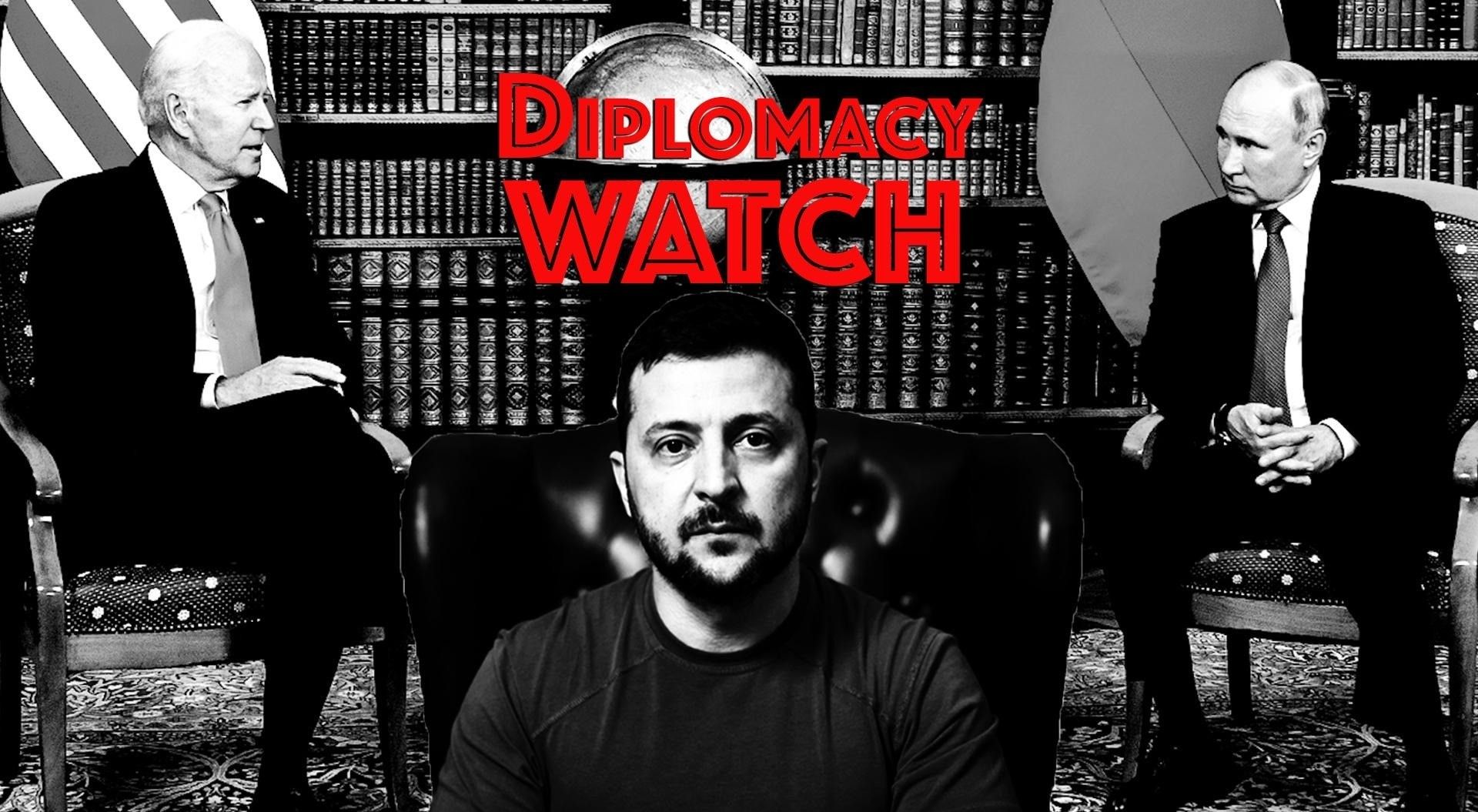Since the Ukrainian military’s incursion into Russian territory earlier this month, experts and other observers have been wondering what it might mean for the prospects of a negotiated settlement. Indeed, that may have even been the incursion’s goal. “I think everyone, including our command, thinks this is being done to end the war,” said a drone unit commander who helped plan the attack.
But it appears, at least in the short term, that the offensive has had the opposite effect. According to a report in the Washington Post last Saturday, Ukraine’s incursion into the Kursk region of Russia apparently derailed planned indirect talks that were meant to “negotiate a landmark agreement halting strikes on energy and power infrastructure on both sides.”
In fact, according to the Post, some of those involved in the negotiations, which were to be hosted and mediated by the Qataris, had hoped that a deal on the limited infrastructure scope would lead to a more comprehensive agreement.
While one diplomatic source close to the negotiations told the Post that the Russians only delayed the talks and didn’t call them off entirely, Russian officials subsequently denied the entire thrust of the Post’s story.
"No one broke anything off because there was nothing to break off," Maria Zakharova, spokeswoman for Russia's foreign ministry, told Reuters. "There have been no direct or indirect negotiations between Russia and the Kyiv regime on the safety of civilian critical infrastructure facilities."
Meanwhile, Ukrainian officials said the negotiations would still take place, instead via video conference on Thursday. Either way, the Post reported that Ukrainians never thought the prospects of reaching a deal were all that favorable, even without the Kursk incursion.
Whether the Kursk incursion itself has potential to give Ukraine leverage in any future talks, the Quincy Institute’s George Beebe wrote on RS this week that so far that seems unlikely.
“Had Ukraine managed to capture the Kursk nuclear power plant, one of the largest in Russia, its bargaining power over the Kremlin might have grown quite substantially,” he said. “The Russian military would have been hard-pressed to dislodge forces holding the plant without damaging or destroying the facility, and Ukrainian occupiers could have wielded the threat of releasing radiation as leverage over Putin’s demands in any negotiations.”
While the Kursk nuclear plant is within range of Ukrainian artillery, a fact that has the International Atomic Energy Agency very concerned, ultimately, Beebe notes, “Ukrainian forces have fallen far short of reaching that objective and have little prospect of attaining it now that Russia has mobilized forces defending the plant.”
In other Diplomacy Watch headlines this week:
— A dispute between German and Polish officials has emerged in the wake of news that a German investigation found that a team of Ukrainians blew up the Nord Stream gas pipeline in September 2022, according to the Wall Street Journal. Officials from each country are blaming the other for letting one of the alleged perpetrators escape Poland before an arrest could be made, leading Polish Prime Minister Donald Tusk to lash out at the Germans. “The only thing you should do today about it is apologize and keep quiet,” he said.
— The military juntas of Burkina Faso, Mali and Niger are asking the United Nations Security Council to denounce Ukraine for allegedly providing aid to regional rebel groups, according to Reuters. The groups, which have ties to terrorist organizations like local al-Qaida affiliates, killed nearly 200 Malian troops and mercenaries from Wagner, a Russian-backed private military group. The junta in Mali subsequently cut diplomatic ties with Ukraine, which denies it backed the rebel groups.
— During a visit to Poland this week, Indian Prime Minister Narendra Modi urged Russia and Ukraine to come to a diplomatic resolution to the conflict and pledged India’s support. "We support dialogue and diplomatic effort" for the restoration of peace and stability "as soon as possible," Modi said according to the Associated Press.
"I am very glad that the prime minister has confirmed his readiness to personally engage in bringing about a peaceful, just and speedy end to the war," Tusk said.
















